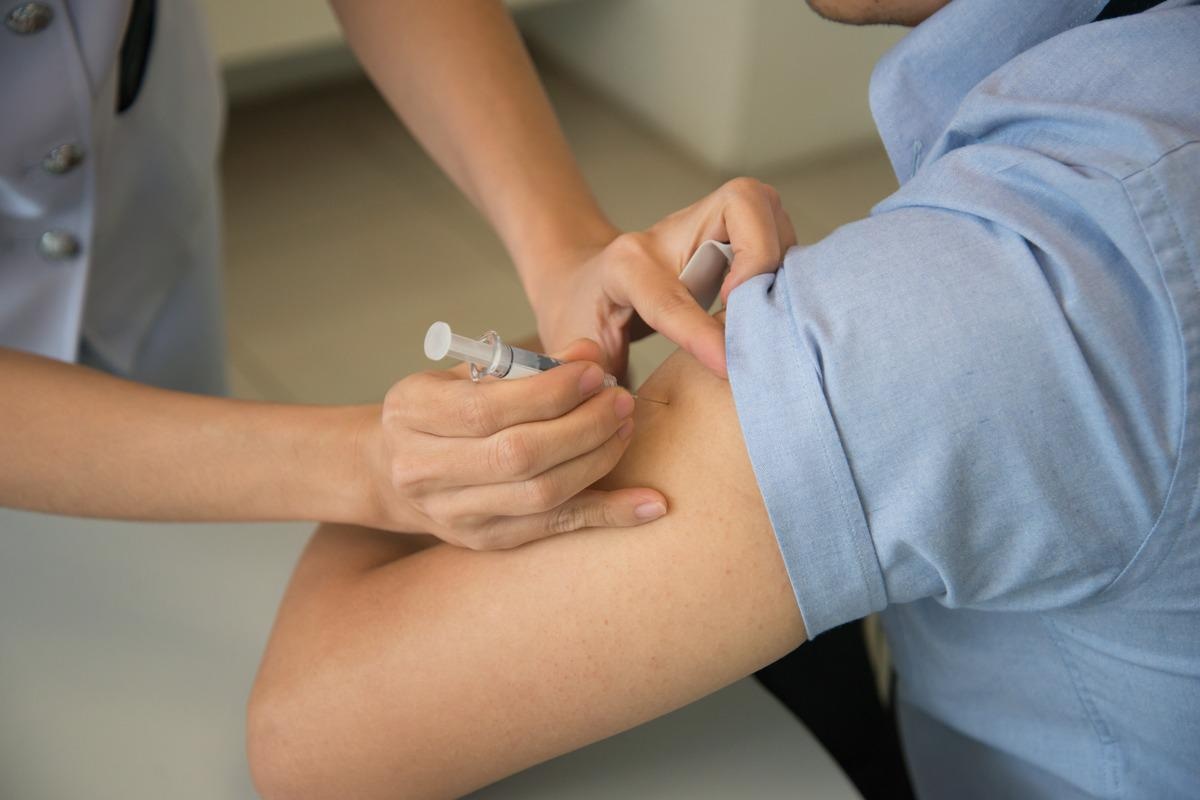In a recent study published in the Medical Journal of Australia, researchers assessed the impact of coronavirus disease 2019 (COVID-19) on influenza vaccination.
 Study: Beyond the COVID-19 pandemic: increasing the uptake of influenza vaccination by health and aged care workers. Image Credit: Emmy1622/Shutterstock
Study: Beyond the COVID-19 pandemic: increasing the uptake of influenza vaccination by health and aged care workers. Image Credit: Emmy1622/Shutterstock
The target rate for the influenza vaccine uptake to be received by healthcare workers was 75% in 2014, which increased to 92% in 2021. Moreover, staff of the residential aged care services (RACS) were compulsorily required to be vaccinated against influenza from May 2020 throughout Australia.
Victoria has historically had high flu vaccine uptake in healthcare workers (83-88%), and the findings show that initially, this increased when the pandemic hit.”
About the study
In the present study, researchers reported the vaccination rates according to calendar year throughout the COVID-19 pandemic incident in 2020 and 2021, followed by comparing these vaccination rates with those in 2018 and 2019.
The team obtained information related to the vaccination of the health care staff from the RACs and healthcare facilities to the Victorian healthcare-associated infection surveillance system coordinating center (VICNISS). The researchers assessed aggregate non-identifiable data to improve the quality and consistency of the information collected.
Results
The study results showed that the influenza vaccination rate in acute healthcare facilities was 83.2% in 2018, 93.0% in 2020, and 77.4% in 2021. Furthermore, the influenza vaccination rate in RACs was 86.9% in 2018, 98.9% in 2020, and 88.1% in 2021. Notably, the number of staff members who declined the influenza vaccine was higher in 2021 than in 2020 but was considerably lesser in 2018 or 2019. Moreover, the number of acute health care facility staff members who had undeclared vaccination status was 4.1% in 2020 and 18.3% in 2021.
Conclusion
The above findings suggested that the reduction in influenza vaccination rates among health and aged care workers during 2021 was a result of a higher focus on measures to mitigate COVID-19 risk, including activities like the COVID-19 vaccination program, influenza vaccination programs for the affected staff, such as after-hours and workplace vaccination, and promotions and reminders of influenza vaccinations. The results also suggest that the lower prevalence of influenza in 2020 and 2021 might have resulted in complacency about vaccination.
It is likely that the focus on COVID-19 risk mitigation activities, including the COVID-19 vaccination program, affected staff influenza vaccination program activities in hospitals and aged care”, Dr Lim explained.
The researchers believe that mandatory vaccination policies must take into account basic ethical principles, such as the effectiveness of the vaccine, overall beneficence, autonomy of personal choice, equal accessibility of the vaccine, and transparency of the vaccination program. Furthermore, the study concludes that proper planning and provision of support are essential to achieving high rates of influenza vaccine receipt by healthcare workers.
High uptake of influenza vaccination in staff working in hospitals and aged care facilities is an effective way to protect vulnerable hospital patients and aged care residents, as well as the healthcare workforce, from the viral infection.”